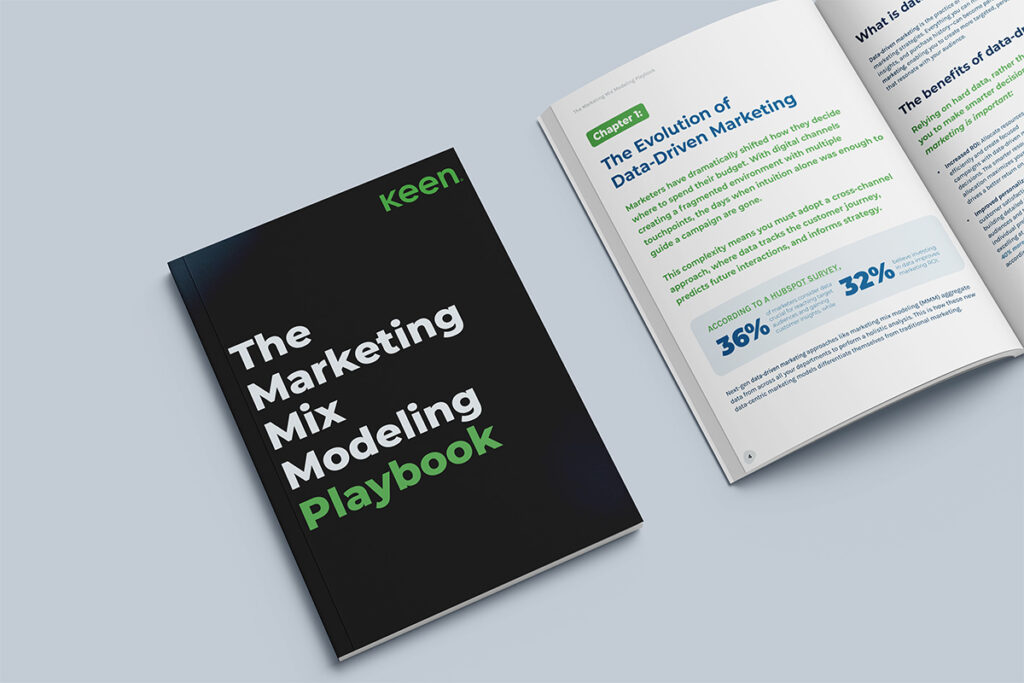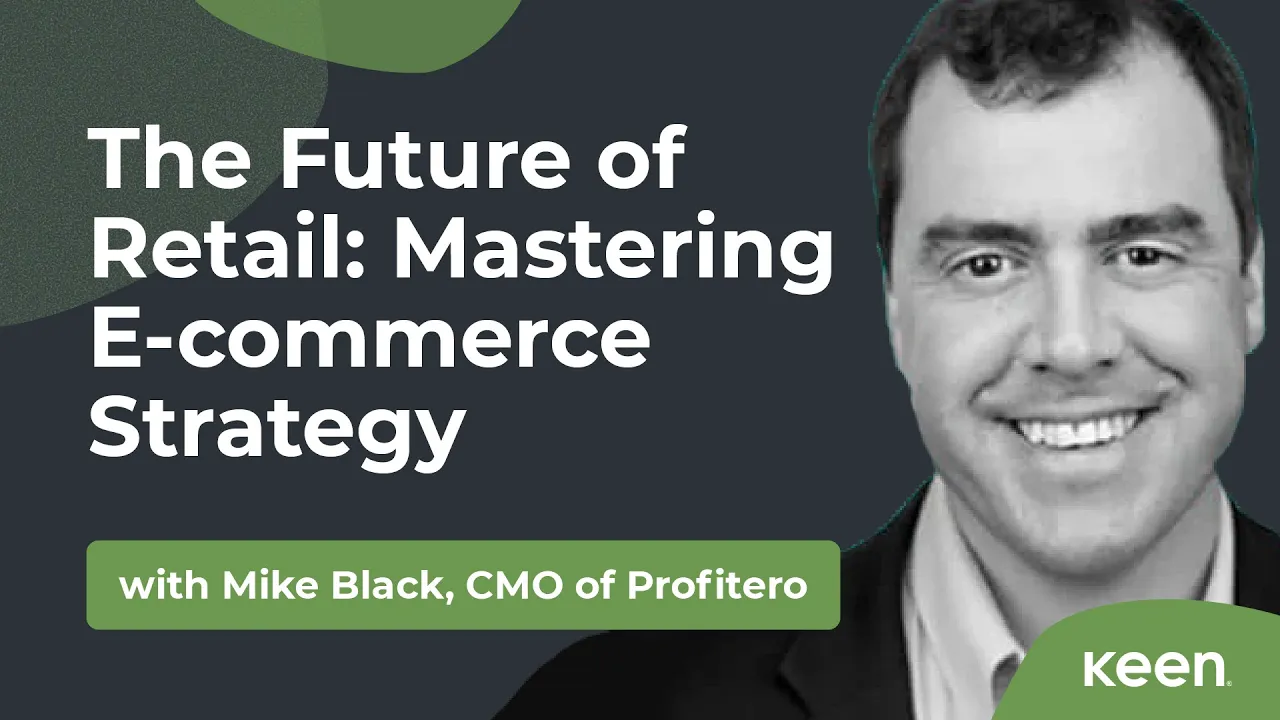The digital shelf is where products are displayed and purchased online. They can be on websites like Amazon, Walmart or Target, as well as apps like Instacart and DoorDash. Whether or not we realize it, we all interact with digital shelves on a daily basis.
The digital shelf helps consumers find and learn about new products as well as compare it to other similar products. It has become a mainstay in American life and a crucial concept to understand if you are marketing in the consumer packaged goods (CPG) space.
The rise of the digital shelf has led to many companies forgoing the typical brick-and-mortar strategy to sell their products directly to consumers. Famous examples of DTC brands include Dollar Shave Club, Bombas, and Warby Parker.
Key highlights:
- Digital shelves are everywhere, including platforms like Amazon, Walmart, and Instacart.
- A vital tool for discovery — Digital shelves help consumers find, compare, and learn about new products.
- DTC brands thrive here — Many companies, like Dollar Shave Club and Warby Parker, skip traditional retail to sell directly to consumers.
- Crucial for CPG marketing — Understanding digital shelves is key for success in the consumer packaged goods space.
Components of the digital shelf
Unlike your typical physical store, organizations have much more control over how their products are positioned on the digital shelf. Every website has different requirements, but typical product pages include the following digital shelf data:
- Product name
- Descriptions
- Graphic elements – high-quality images and videos
- Colors/variants
- Prices
- Sales
- Ratings or reviews
Why do you need to advertise on the digital shelf?
You need to be on the digital shelf because of the:
- Changing consumer behavior: As more consumers turn to online shopping, advertisers must adapt to reach them in digital spaces.
- Rising competition for prime placement: Digital ad budgets are growing, and marketers compete for top spots to display products when customers are ready to buy.
- Increased visibility: Digital shelves help products reach a larger, targeted audience when getting high search ranks.
- Real-time interaction: Digital platforms allow instant strategy adjustments based on customer experience.
- Customizable targeting: Ads can be tailored to specific demographics, locations, and behaviors for better results.
- Cost-effective: Digital ads are usually more affordable than traditional media, maximizing your budget.
- Trackable results: Digital shelf performance and online sales are easy to track, enabling quick adjustments for better ROI.
Why is digital shelf optimization important?
Digital shelf optimization can make the difference between hitting your sales goals and missing out on giant opportunities.
Here are the key reasons why you need to optimize your digital shelf analytics:
- Capture attention: Shoppers make quick decisions when spending on the digital marketplace. If your product content isn’t appearing near the top of their search results, then you likely aren’t being considered by new potential customers and their purchase decisions.
- Boost visibility: Optimization ensures your product stands out in a crowded marketplace.
- Increase conversions: Aligning with retailer specs improves chances of turning views into sales.
- Stay competitive: Optimization helps you keep up with shopping and technology trends, as well as rivals.
- Ensure long-term success: Regular updates based on data collection keep your products visible and appealing.
Challenges faced by advertisers in digital shelf monitoring
The digital shelf aims to give potential customers as much information as possible so they can make the best buying decision. The best websites try to present as much research as possible to streamline the process. But at the same time, a digital shelf strategist faces the following challenges:
- Number of options available for their budget: Most large retailers like Target, Walmart, and Costco all have their own digital shelves they have created for their customers to peruse. With hundreds or even thousands of options available, it takes a discerning marketer to figure out which of these channels to invest their dollars in. Having a variety of digital shelf channels is necessary to create a cohesive and effective omnichannel strategy, but picking which ones will have the biggest impact on your sales is key to any strategic planning done by marketing departments now.
- Channel selection: Choosing the right digital shelf channels for maximum sales impact is crucial. A variety of channels is necessary for an effective cross-channel media strategy, but identifying the most effective ones can be tough.
- Data overload: With vast amounts of performance data, marketers struggle to identify the most relevant insights and marketing attribution to drive action.
- Maintaining consistency: Keeping product information consistent across cross-channel media platforms is crucial for brand trust and customer confidence.
- Dynamic market trends: The digital marketplace changes quickly. Marketers must stay on top of shifts in behavior, competition, and algorithms.
- Marketing performance measurement: Tracking the effectiveness of digital shelf strategies across platforms can be complex and requires constant analysis.
Digital shelf management KPIs to win customers
Digital shelf measurement KPIs to track include:
- Product availability
- Visibility
- Performance across platforms
- Products display
- Product inventory
- Meeting retailer specs for better discoverability
- Audits check factors like product pricing, images, product categories, and reviews
Regular tracking and optimization of these KPIs with detailed data help brands refine strategies for long-term success.
Optimizing your digital shelf strategy with Keen
With this space growing as quickly as it is, brands must pay attention and think about how their online presence on the digital shelf impacts other tactics. It is nearly impossible for a single marketer to keep up with the intricacies of the hundreds of different digital channels that have appeared over the past few decades.
The role of the marketer has changed and you need a digital shelf analytics software that can help optimize your marketing spend across so many options and invest your dollars with confidence.
For more than a decade, Keen’s AI-powered MMM platform has worked with hundreds of companies to provide insights and help them figure out which channels they should invest in. We take your marketing and sales data to build a predictive analytics model that shows you future revenue.
If you are interested in learning more or looking to optimize your digital shelf space, contact us to schedule a conversation with our team.





